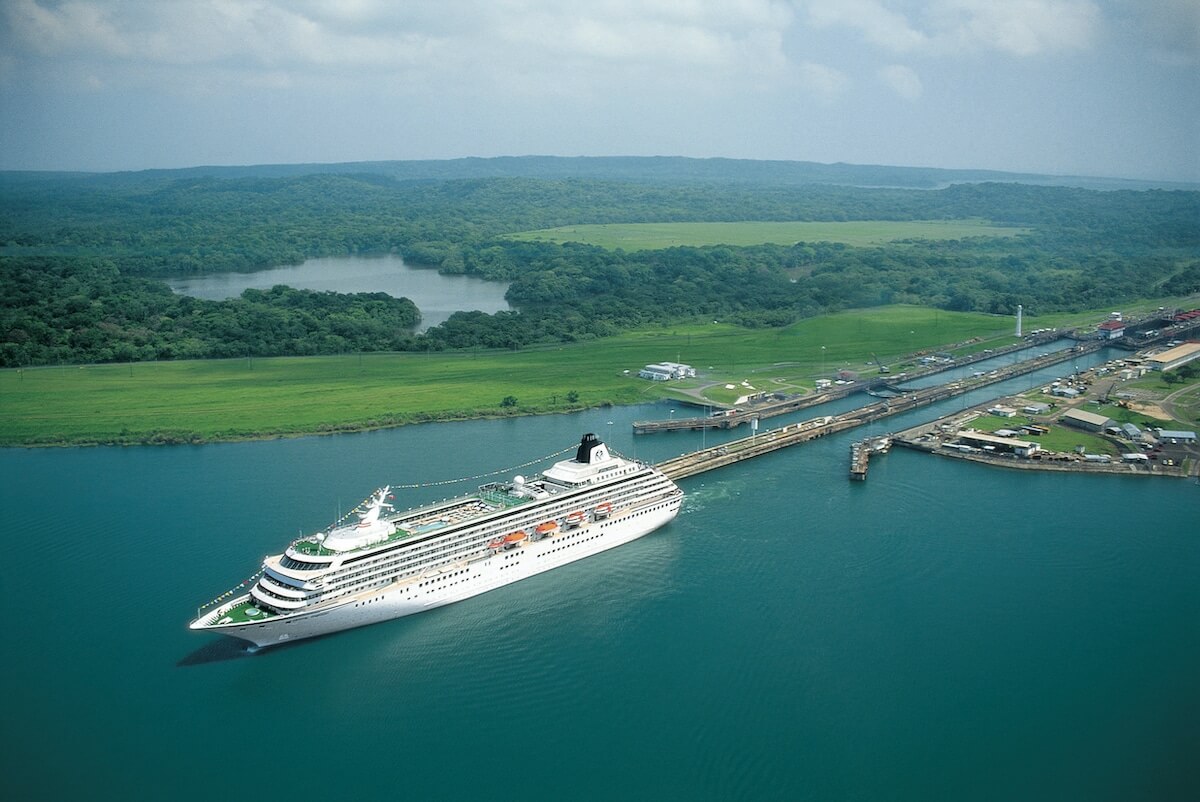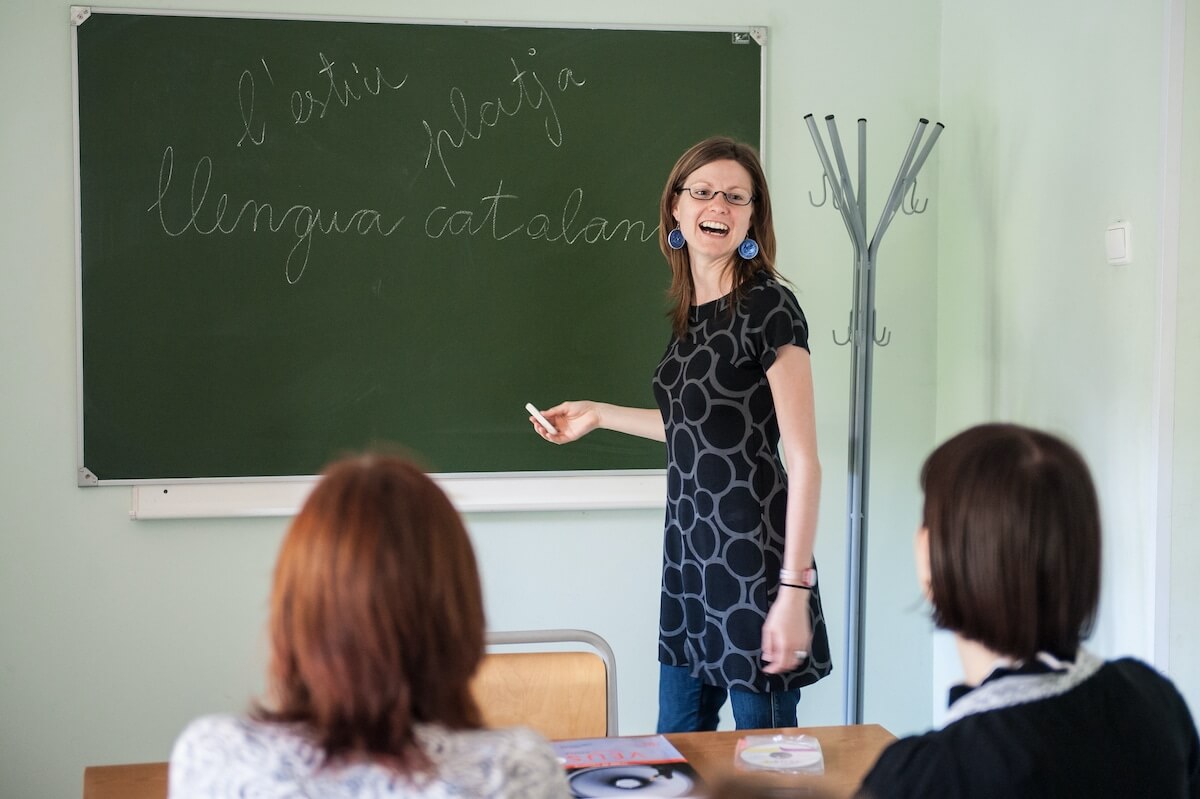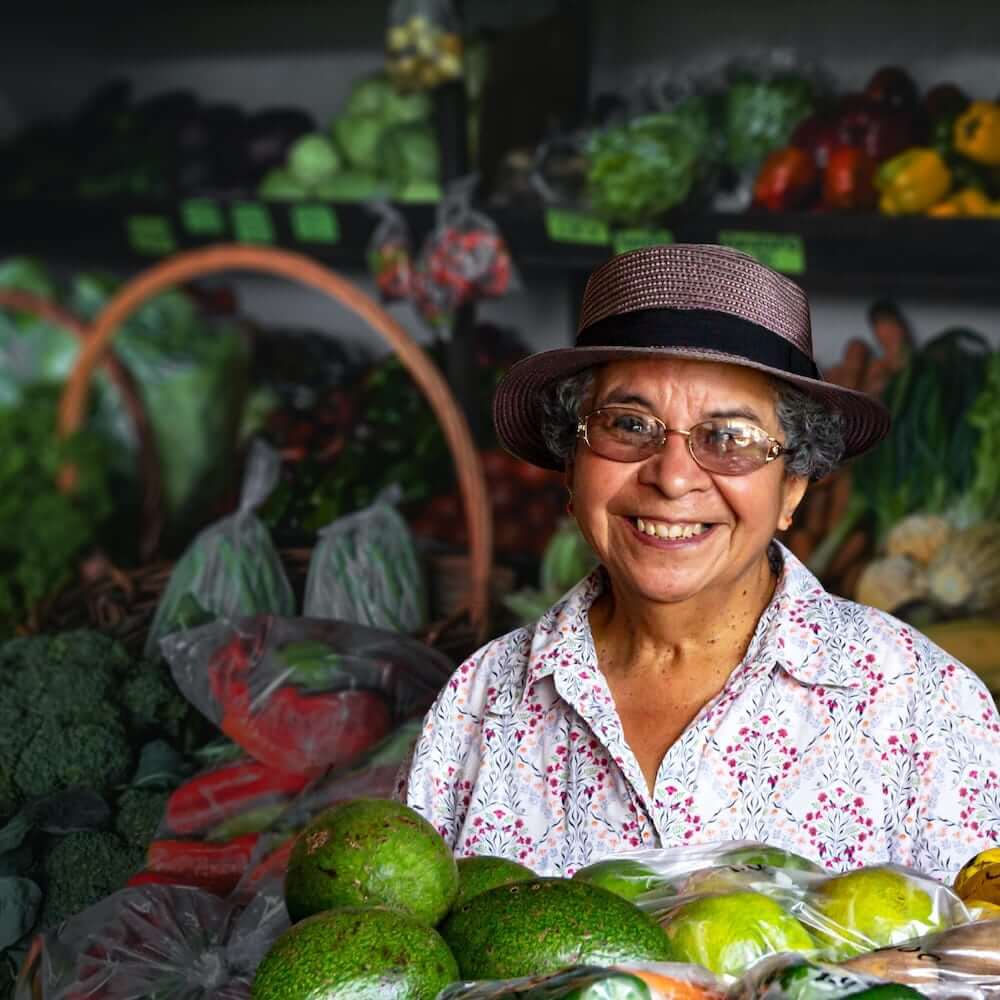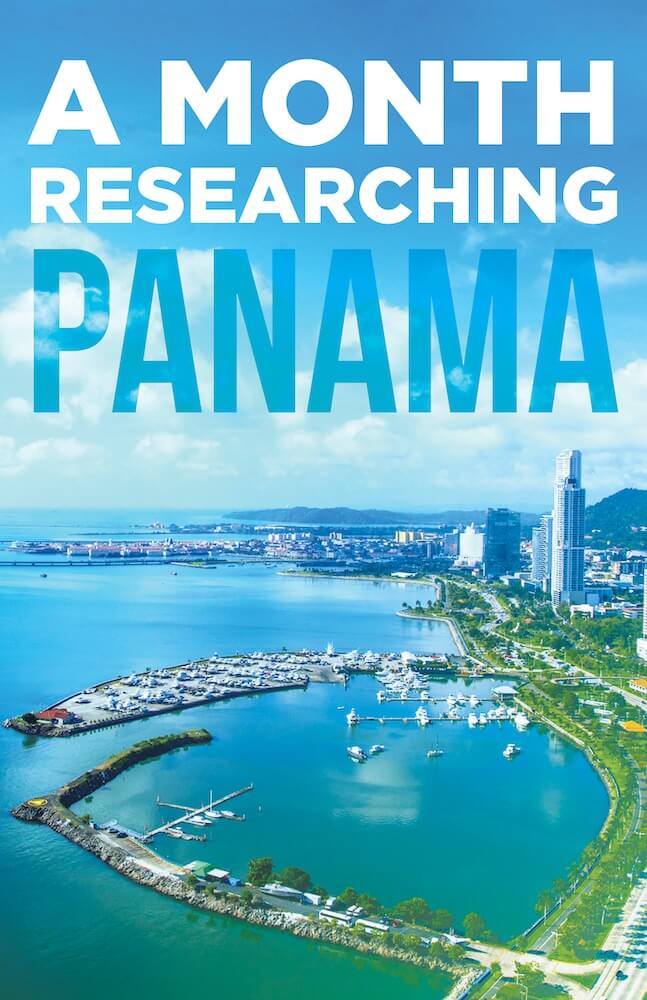You can absolutely live and function in Panama without speaking Spanish.
However, you will live and function better if you are able to speak some Spanish. There are large expat communities where English is almost exclusively spoken, but I’d suggest you shouldn’t live your whole life surrounded only by English speaking expats. It’s fun to get to know the locals, too.
Spanish is the official language of Panama. While it’s true that a great deal of English is spoken here, especially in larger cities such as Panama City or Coronado, Spanish is used by the majority of every-day Panamanians. It’s not uncommon to have a taxi driver, bank employee, or server speak some level of English, but it also shouldn’t be expected.

The Impact Of The Panama Canal
It is difficult to explain just how large the impact of building of the Panama Canal had on Panama. The United States held, at least partial control of the Canal, until 1999 when it was completely turned over to Panama. Beginning in 1977 when 60% of the Canal was returned to the Panamanians, things began to change because jobs, which had been mostly for US citizens, were given to Panamanians.
Nonetheless, for almost a century, individuals born or worked in the Canal Zone, who are still referred to as “Zonies”, were US citizens and educated in US-controlled and English-speaking schools. Zonies also had their own police force and judicial system. That population generally speaks perfect American English and they take great pride in their heritage. You can find them all over Panama.
In addition to Zonies who speak English, you have the elite in Panama who have either been taught abroad or sent to private schools which demanded nothing short of fluent English. A few locals have been able to pick up enough English to communicate haltingly, but most of the native population speak only Spanish. I have watched as Americans struggle to explain to the car mechanic that their brakes need replacing or falter when trying to purchase a pound of hamburger.
More English Is Coming To Panama
Panama is taking strides to increase bilingualism in its schools and general population. The former president, Juan Carlos Varela, spearheaded an ambitious initiative entitled, “Panamá Bilingüe Program”, where 10,000 teachers are being sent to American, Canadian and British universities to improve their English and learn superior methods of teaching English.
I find it to be observationally interesting to watch how quickly children pick up Spanish and then, after many years of living here, how older individuals may still struggle with basics. I always suggest if you don’t think you are going to be able to pick up basic Spanish, you should make friends with someone who speaks both English and Spanish and simply hire them for things such as dealing with the auto mechanic or the cable installer.
Be Pleasant, Laugh and Embrace
It is important that when you are talking with someone who only speaks Spanish, you should remember you are in their country and the official language is Spanish. Don’t become aggressive or show disgust, it only makes matters worse. Remember, you also cannot speak their language and I guarantee you, they will be trying.
There are many places where you can learn fluent Spanish if you are so inclined, but it certainly isn’t mandatory. There are also places where just basic phrases are taught. These phrases will get you by in Panama and are often times nothing more than pleasant get togethers with friends a couple of times a week. In Coronado there is a woman who teaches fundamental Spanish at a pizza restaurant so the instruction often times include a slice of pepperoni and a glass of wine.


Buenos Días and Buena Noches
I also encourage everyone to learn enough to feel part of the community. It’s good to remember “buenos días” and “buena noches” from your high school Spanish, so you can tell the person next to you pumping gasoline, “good morning” or “good evening.” Everything you will need to know to function will be in enough English for you to get by. You’ll be able to pay the gas station cashier without knowing Spanish. Numbers are numbers and our currency is the US dollar!
One of the first things most expats pick up are phrases such as “uno mas” as in one more (beer, wine or whatever you are drinking) and “la cuenta, por favor” because you will eventually need “the check, please!”
Counting is always handy but most everyone knows “uno, dos, tres, cuatro, cinco, seis, siete, ocho, nueve y diez”. Sometimes numbers—as in numbers corresponding to a meal at McDonald’s—is better dealt with in person if your Spanish is lacking. I had a client once, who decided it was a good idea to go through the McDonald’s drive-through or the “McAuto”. She thought $6.00 was a lot for two Diet Cokes, and when she drove up for the pick-up was greeted with chicken nuggets, the daily special and an orange drink. That’s when pointing at pictures spells success.
Stretch Your Mind
I’ve been told that stretching your mind to learn just a smattering of new words and ways to communicate in a foreign country, is good for keeping an active mind. The good news is that if you are cooperative with your new neighbors and friends who only speak Spanish, you’ll be fine and you might be surprised at how well you flourish.


